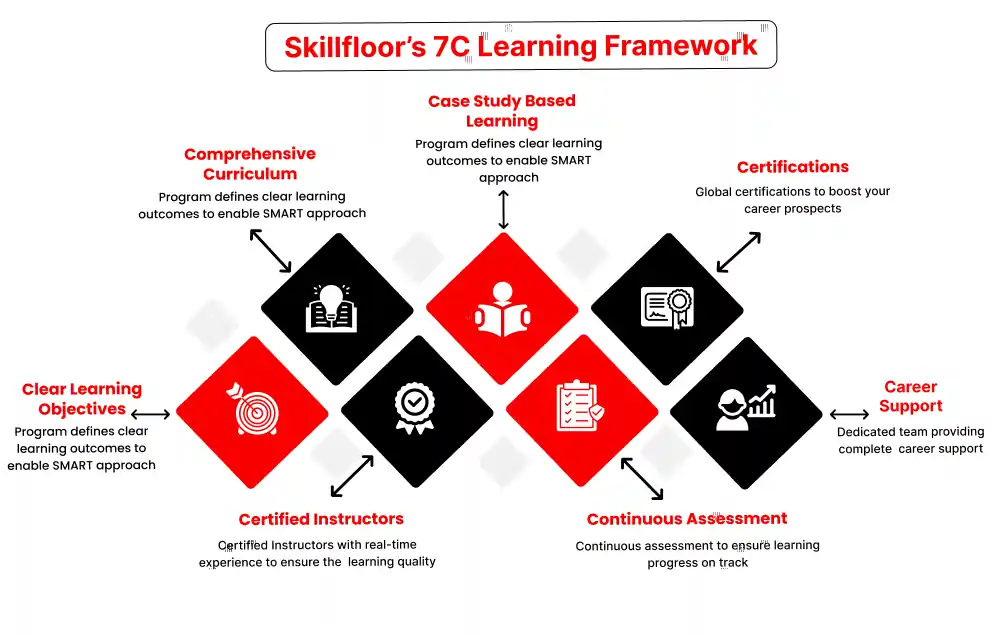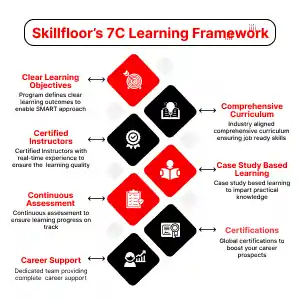

Developing skills in soft skills courses is a must for navigating the complex rules of the competitive job market of today. Soft skills are a wide range of social skills that enable people to successfully negotiate the complex networks that surround both their personal and professional lives. Soft skills are more than just effective communication; they also include key traits like leadership, flexibility, and teamwork. These qualities are the foundation for building positive connections, skillfully resolving conflict, and advancing one's career to previously unheard-of levels of success. To put it briefly, developing soft skills is not only beneficial but also necessary for people who want to succeed in the energetic, dynamic environment of modern-day companies.
Soft skills training programs use active classes, simulations, and real-world case studies to help participants develop critical skills. Participants gain skills in compelling communication, productive teamwork, and resilient, self-assured adaptation to situations. Additionally, courses on soft skills place heavily on the value of emotional intelligence and self-worth, helping students to recognize their areas of strength and growth. By investing in the development of soft skills, people can improve their professional abilities, create a happy work setting, and support the success of their organizations. The development of soft skills through focused training programs is a must for people who want to succeed in their fields and have a significant effect in their sectors in the energetic work climate of today.




Upon successful completion of our Soft Skills Training program, participants will receive a certification attesting to their enhanced proficiency in soft skill development. This certification validates their commitment to honing essential interpersonal and communication abilities vital for success in diverse professional settings. With a focus on refining Soft Skills, our comprehensive training equips individuals with the competencies needed to navigate complex social dynamics, communicate effectively, and collaborate efficiently. Graduates of our program emerge equipped with the practical skills and insights necessary to thrive in today's dynamic work environments.


Versatility: Our soft skills courses prepare you for success in any professional context by covering a wide range of fundamental skills like leadership, teamwork, communication, and time management.
Career Advancement: Develop soft skills, which are highly prized by companies in all industries and sectors, to improve your job potential and career prospects.
Effective Communication: To effectively communicate ideas, create rapport, and promote good relationships with clients and colleagues, hone your verbal and nonverbal communication abilities.
Team Collaboration: Develop your ability to work well with others in your team to create a cooperative, innovative, and productive work environment.
Leadership Development: Develop your leadership abilities to spur people on to action, improve team output, and complete organizational objectives.
Techniques: Learn effective techniques for settling disputes and conflicts in a way that will enhance relationships and create a more positive work atmosphere.
Adaptability: Show perseverance and flexibility in the face of difficulties as you develop the capacity to adjust to shifting conditions and flourish in fast-paced work situations.
Emotional intelligence: Develop your emotional intelligence to better understand and control your feelings as well as those of others. This will improve your ability to make decisions and interact with others.
Developing your ability: problems can help you recognise obstacles, determine their underlying reasons, and create workable solutions that spur creativity and achievement.
Personal Development: Learn soft skills that enhance your overall effectiveness and success in both the personal and professional spheres as an investment in your growth and development.
